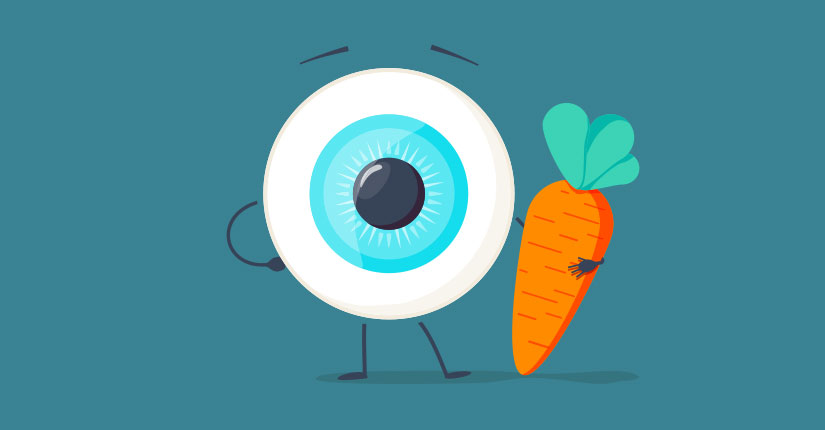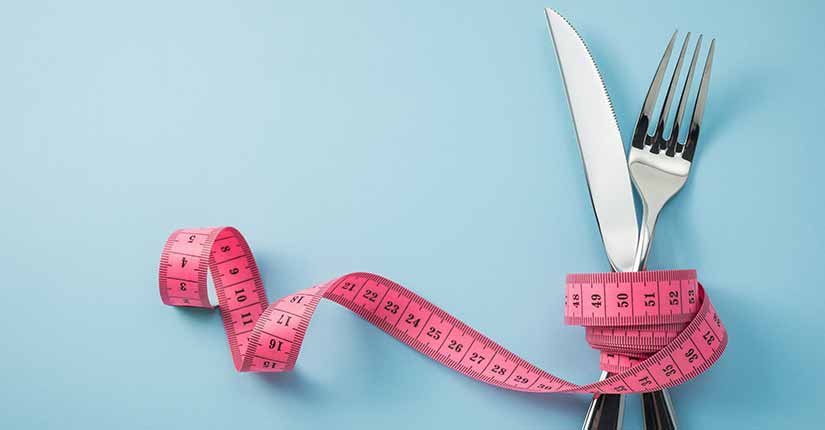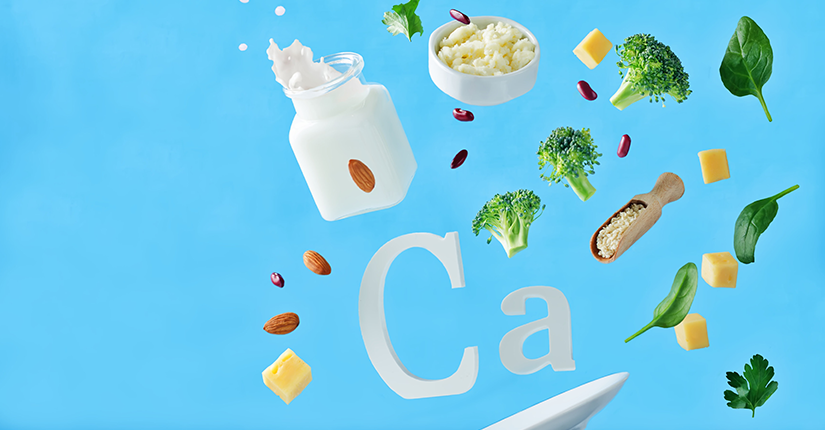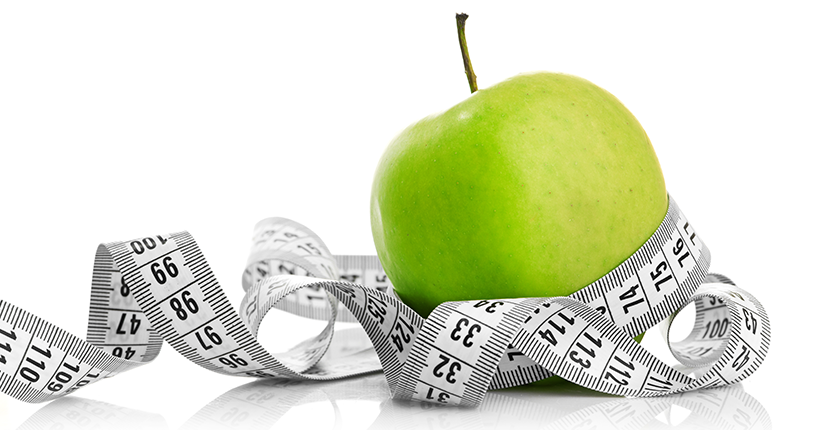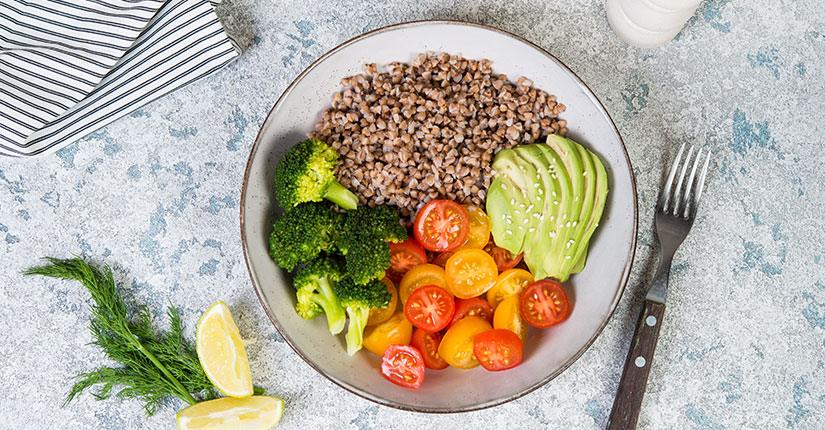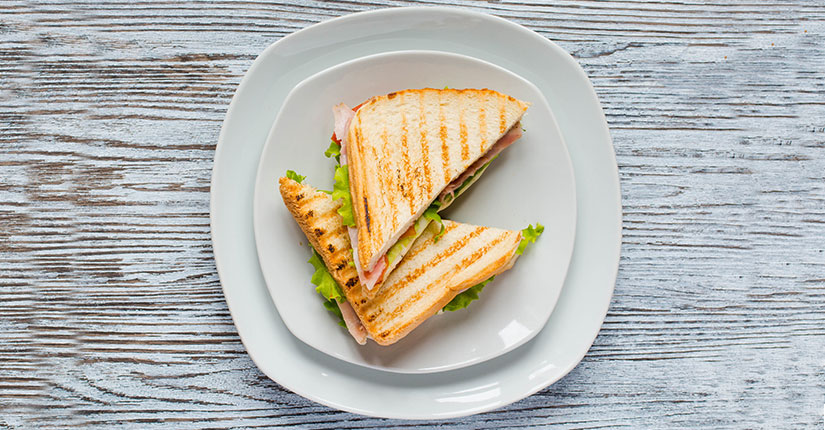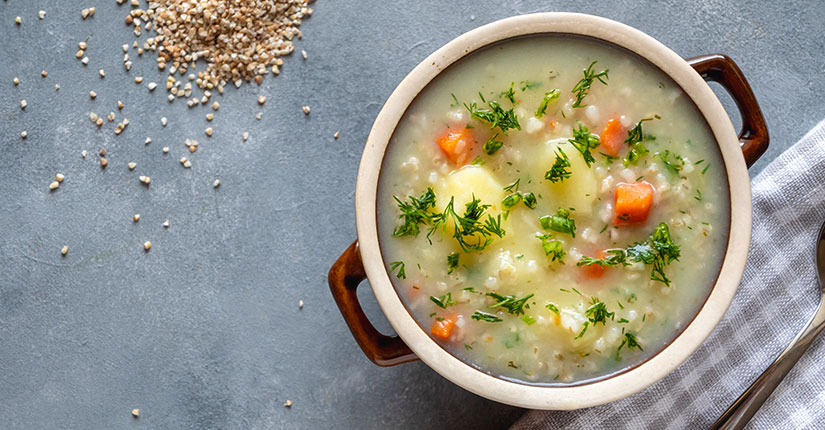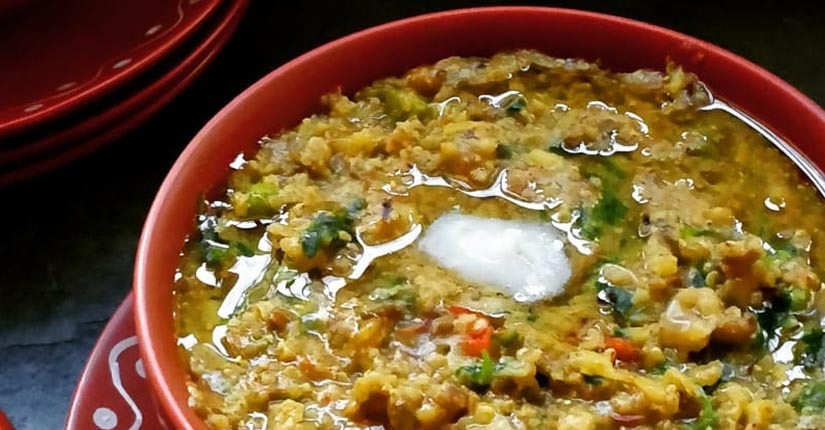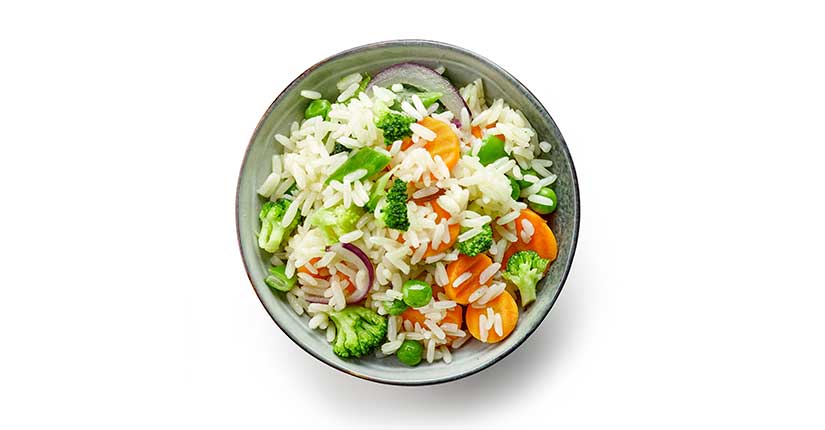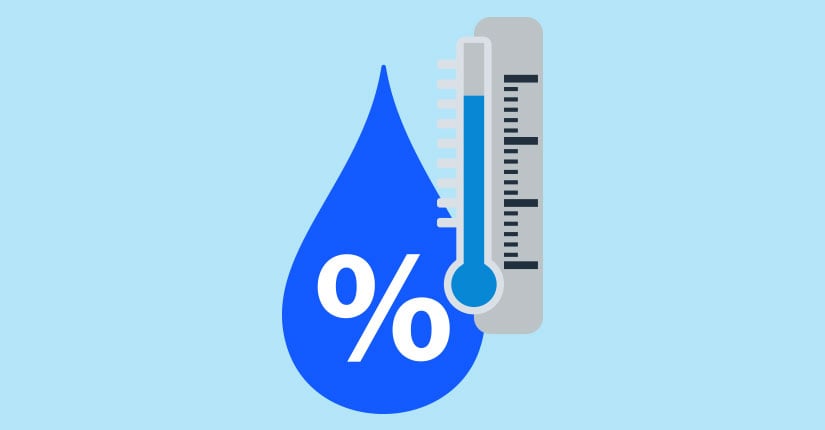Know Which One Is Healthier: Broccoli v/s Cauliflower
By Nmami Life Editorial 22-Sep 2020 Reading Time: 3 Mins
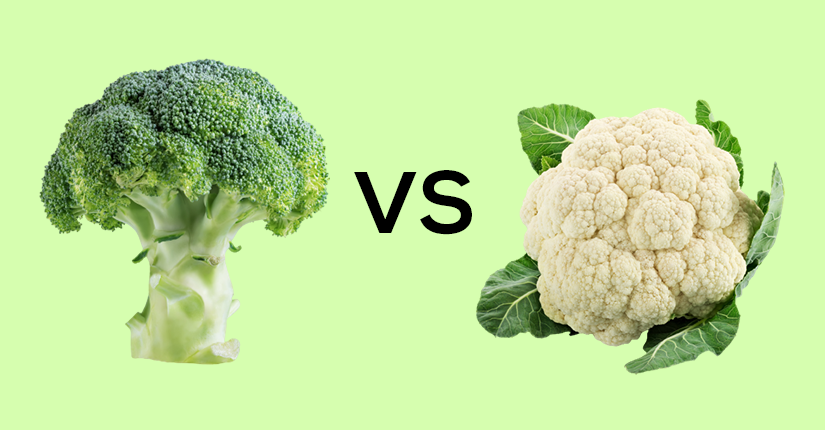
The health battle among cauliflower and broccoli is one of the oldest as many people believe that broccoli is the healthiest while many plead to differ. Read on to know which one is the healthiest and what nutritional content they offer.
Broccoli
Broccoli has potent amounts of Vitamin C alongside various micronutrients like folate, potassium, copper and manganese. It is also low in calories. One cup of broccoli florets has only 31 calories. You can choose to consume broccoli raw, steamed, sautéed, baked or roasted. But the point of importance is, cooked broccoli offers better nutrition profile when compared to raw broccoli. It also is rich in calcium and hence is recommended for people with arthritis and other bone issues. The phytonutrients in broccoli help in the detox process. Consuming broccoli regularly can also boost your metabolism.
Cauliflower
One cup of cauliflower offers 27 calories. It provides higher quantities of Vitamin B6, folate, potassium, and pantothenic acid or Vitamin-B5 which is necessary for making blood cells. Cauliflower can also be enjoyed as baked, roasted, steamed or sautéed. Cauliflower nowadays is also used for making pizza crust and cauliflower-based rice dishes.
Broccoli and cauliflower both are cruciferous vegetables. They have multiple benefits for the body and must be a regular part of your diet. But if we are to compare the nutrient profiles, broccoli would weigh slightly more. Broccoli contains higher vitamin content. It is high in Vitamin K and Vitamin C as compared to cauliflower. The latter lacks fibre, minerals and Vitamin A that is present in broccoli florets.
Footnote
The nutritional profile is almost similar in both the vegetables. They are rich in sulphur-containing antioxidants and contain essential phytonutrients that are needed for the overall health. Consuming such cruciferous vegetables can lower your risk of heart disease and certain kinds of cancer. They may also aid in keeping your arteries flexible and improve blood pressure while protecting you potentially against Alzheimer’s and Parkinson’s disease. So, to reap the multitude benefits, include these veggies in your daily diet in different ways.


